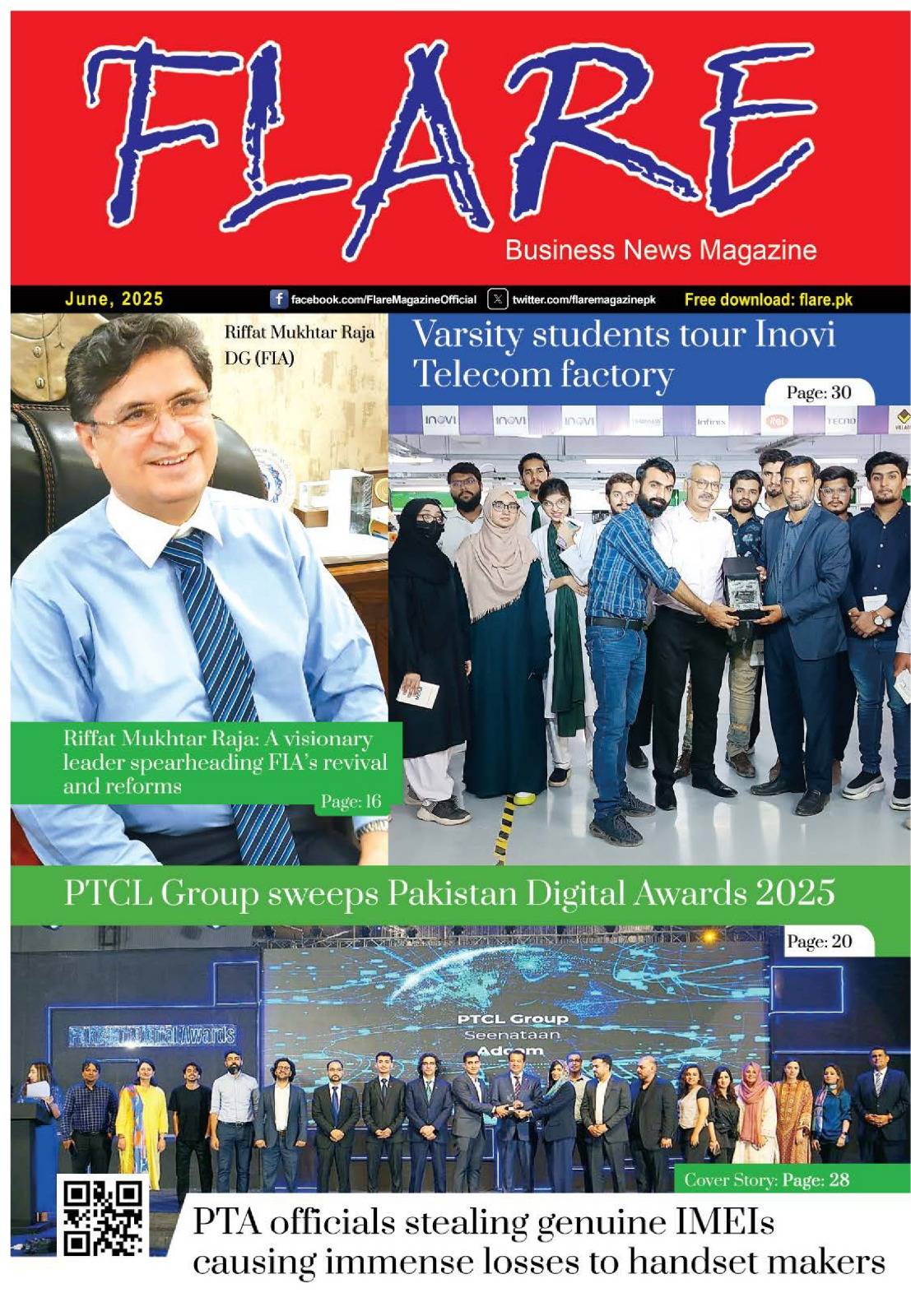In a transformative stride towards bolstering Pakistan’s Information Technology and Telecommunications sector, Caretaker Federal Minister for Information Technology and Telecommunications, Dr. Umar Saif, shared remarkable achievements during his recent visit to the Pakistan Software Houses Association (P@SHA) office. His insights revealed the significant strides taken in just five months under the caretaker setup, particularly through the instrumental Special Investment Facilitation Council (SIFC).
Boost in Foreign Direct Investment (FDI):
Dr. Saif emphasized the pivotal role of SIFC in augmenting foreign direct investment, setting the trajectory for the nation’s development. The council has successfully achieved 13 out of 15 vital targets aimed at propelling the IT & Telecom sector.
Facilitating IT Exporters:
An important policy intervention orchestrated by Dr. Saif, in collaboration with SIFC and the State Bank of Pakistan (SBP), saw an increase in the permissible retention limit for IT exporters. The export proceeds retention limit was raised from 35% to 50% in the Exporters’ Specialized Foreign Currency Accounts (ESFCAs), resulting in a notable 32% surge in the country’s IT exports within the last 60 days.
Telecom Tribunal for Expedited Resolutions:
Dr. Saif highlighted the establishment of the Telecom Tribunal, fulfilling a longstanding demand of the telecom sector. This specialized tribunal aims to expedite dispute resolution, transferring the responsibility from High Courts to ensure swift progress in the telecom sector.
Strategic Approach to Smartphone Accessibility:
The minister shed light on the “Smartphone for All” project, introducing measures to block handsets in case of installment payment failure through the Device Identification, Registration, and Blocking System (DIRBS). This initiative aims to encourage responsible financial behavior and promote smartphone accessibility, particularly among low-income segments.
Revamping IT Education:
Dr. Saif shared decisions to revamp IT education, including standardized quality tests for information technology graduates. Collaboration with entities such as HEC, the National Computing Accreditation Council, and industry associations demonstrates a commitment to aligning educational institutions with industry requirements.
Freelancer Payment Facilitation:
Addressing a longstanding demand, freelancers will now receive payments through PayPal via a third party, providing a streamlined process for remittances without the need for individual PayPal accounts.
Advancements in Satellite Communication:
Dr. Saif highlighted the approval of the nation’s first space policy, allowing international companies to provide communication services through low-orbit communication satellites. This signifies a leap in satellite communication technology, with potential implications for internet services in the country.
Anticipated 5G Launch and Infrastructure Development:
Confidently predicting the launch of 5G services by July-August, Dr. Saif emphasized the need for enhancing the optic fiber network. A project to establish 10,000 e-Rozgar centers across the country, coupled with a Rs 2 billion allocation for the Pakistan Startup Fund, further underscores the commitment to nurturing freelancers and startups.
In conclusion, Dr. Umar Saif’s dynamic initiatives underscore a strategic vision for Pakistan’s IT sector, with a focus on fostering innovation, boosting exports, and ensuring inclusive growth. As the nation anticipates the upcoming government, the groundwork laid during the caretaker period sets a promising foundation for sustained development.



